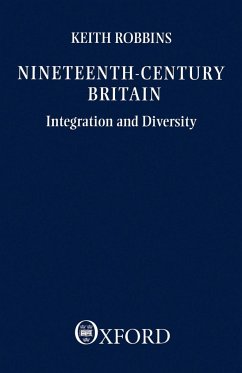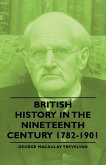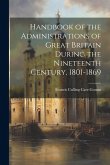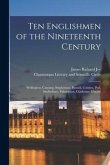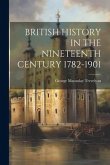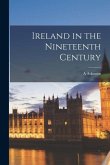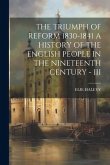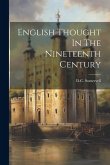Although not uniform in character, it held together during the supreme test of the First World War, under the political guidance of a Welshman whose first language was not English and the spiritual guidance of an Archbishop of Canterbury who was a Scot. The relationship between region and state still lies at the heart of today's concerns with local government, devolution, and the North/South divide, and this stimulation account of the making of the modern nation will appeal to all interested in British history and politics.
While nineteenth-century Britain was committed to achieving national integration, it also hoped to maintain regional diversity. Keith Robbins looks at various aspects of life which served to unite or divide the nation, including religion, patterns of eating and drinking, the political system, commercial development, education, language, literature, and music. He concludes that the "British" nation, though not uniform in character, became sufficiently consolidated throughout the nineteenth century to withstand the divisive crises of the early twentieth century, particularly World War I. A stimulating account of the making of the modern British nation, this study is of continuing relevance today.
Hinweis: Dieser Artikel kann nur an eine deutsche Lieferadresse ausgeliefert werden.
While nineteenth-century Britain was committed to achieving national integration, it also hoped to maintain regional diversity. Keith Robbins looks at various aspects of life which served to unite or divide the nation, including religion, patterns of eating and drinking, the political system, commercial development, education, language, literature, and music. He concludes that the "British" nation, though not uniform in character, became sufficiently consolidated throughout the nineteenth century to withstand the divisive crises of the early twentieth century, particularly World War I. A stimulating account of the making of the modern British nation, this study is of continuing relevance today.
Hinweis: Dieser Artikel kann nur an eine deutsche Lieferadresse ausgeliefert werden.

